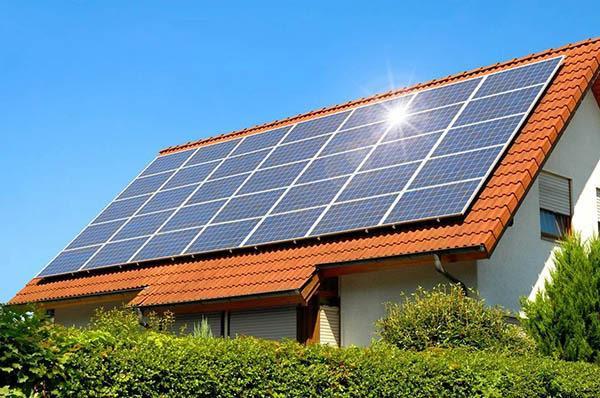Is It A Good Idea To Invest In Solar Panels?
Unfortunately, are times when the promises of modern technology mislead homeowners. May of us find solar power technology to be very confusing. We can think of many reasons why solar energy is an excellent thing to have, but, unfortunately, that this kind of technology is not yet widely used. Therefore, it is always a good idea to ensure that the solar panels for residential use are up to par with industry quality standards before homeowners consider investing in the solar panels.
Reducing utility bills
Most homeowners will not notice any changes in their utility bills after just the first few days after installing their solar system. Solar power systems are designed for long-term use. They will gradually replace the conventional way of generating electricity, and the utility bills may or may not show a substantial decrease in the first month of use, depending on the time of the year that the solar system was commissioned. Solar PV modules (solar panels) have a design life of 30+ years and carry a 25-year warranty.
No need for repairs
Residential solar power systems have no complicated mechanical components that can cause irreparable damage. There are simply no moving parts in a modern solar system. A routine maintenance can ensure long-term and high-quality performance. The following steps can help assure a trouble-free operation:
- ensure the panels are free from debris and dust
- ensure the panels are not covered with snow
- check for any mechanical damage that may have been caused by extreme weather
- Schedule a 5-year checkup by a qualified professional just to confirm proper operation
One of the most obvious benefits of solar power is a power-conditioning effect that improves operation of appliances and household electronics. In event if the energy storage is a part of your installation then the solar system also buffers any utility power fluctuations.
Planning a budget
Is it a really good idea to invest in solar power? Solar energy costs approximately one half of the conventional utility power, when analyzed from Levelized Cost of Electricity Perspective. So a solar kilowatt-hour typically costs less than 50% of the conventional one. If the solar system is financed, then the return on the investment is immediate, in many cases creating a positive cash flow. In a way, you are, yourself, a solar power investor who can give you the best deal by transitioning to cheaper electricity.

Many believe that the solar power is too expensive and the returns are unrealistic. But, in fact, when compared to the cost of doing nothing, solar power totally makes sense, saving, on average $30,000+ per residential household over useful life of the system
Building material cost increase
Are solar panels worth the investment? A house furnished with modern appliances will always be in greater demand than an antiquated house equipped only with outdated appliances. The cost of buildings with solar systems has increased dramatically since today’s tenants know that they can save a vast amount of money on utility bills. This is an excellent example of a cost-benefit analysis.
Realtors have noticed how fast these buildings have been selling. Sales have increased by 15% compared to traditional houses that have not been supplied with reliable solar energy sources. If one is seriously considering a residential solar system before selling the house, they shouldn’t hesitate to do so. Upgrading your house with innovative technology such as a solar power system can add value to your house without having to spend too much money.
Government incentives
The United States government has provided many incentives for those who choose to install solar panels on their homes. These homeowners will become eligible to tax deductions or borrow second mortgages. Various incentives can help motivate both small homeowners and entrepreneurs who own large buildings. Many people can become eligible for tax exemptions soon after the installation of their residential solar system.
This comes as a great advantage for those who want to return investment and raise money for more important things that matter in life.
Purchasing a residential solar system is one of the most lucrative and cost-effective solutions that a person today can do. Think about the best way how you can choose to increase the value of such important asset as your home. Once you install a new residential solar system, you will be able to save a reasonable amount of money every month, previously spent on utility bills.



